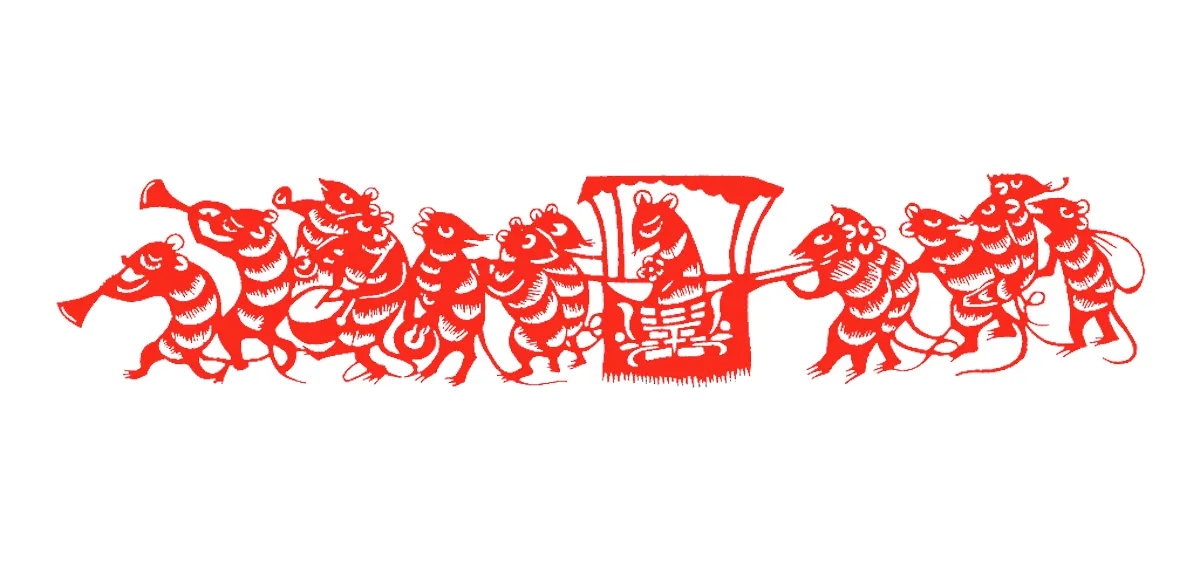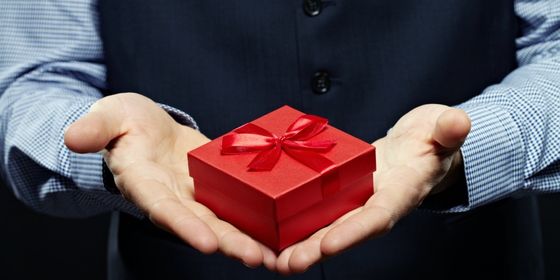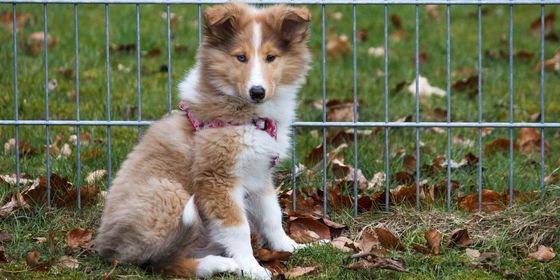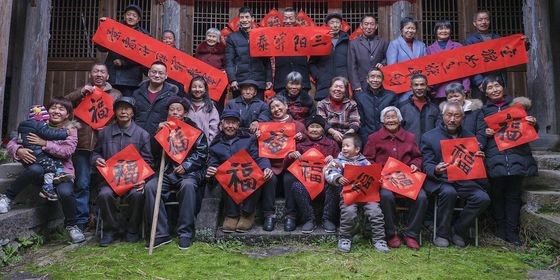In Chinese, any term with the character “鼠 (rat)” usually has a derogatory meaning.
Choice Chengyu is a regular column, examining interesting, unique or newsworthy examples of chengyu—four-character idioms or proverbs, descended from historical and mythical events.
Today is World Rat Day, for some reason—because the rodent is one of the most hated animals in almost every culture. In Chinese, any term with the character “鼠 (rat)” usually has a derogatory meaning. There are dozens of expressive chengyu that refer to rats, and almost describe dislikable personalities, behavior, or just appearances.
With a thief’s eyebrows and a rat’s eyes 贼眉鼠眼
Have you ever noticed what a rat’s eyes look like? Probably not. But the idiom 贼眉鼠眼 assures you that it’s not a good look. Literally translated as “with a thief’s eyebrows and a rat’s eyes,” this chengyu means “wearing a thievish expression,” or “looking like an sly old fox.” For example, when seeing someone suspicious:
这个人贼眉鼠眼的,恐怕不是好人。
Zhège rén zéiméishǔyǎn de, kǒngpà bú shì hǎorén.
I am afraid he is not a decent man, for his eyes are shiftly and his expression thievish.
A rat can only see one cun 鼠目寸光
The attack against rat eyes don’t stop there. Another chengyu, 鼠目寸光 implies that rats have poor eyesight. Ancient Chinese believed rats couldn’t see further than one cun (about 3.33 cm). This was compared to those who lack much foresight.
这个人真的是鼠目寸光。
Zhège rén zhēnde shì shǔmùcùn guāng.
This person is just as short-sighted as a rat.

The brown rat, innocently pictured here looking utterly repulsive (VCG)
Craven as a rat 胆小如鼠
The rat is not considered a brave animal. They scurry when the lights go on, and generally flee the likes of humans or cats. In the eyes of Chinese, a rat is a byword for “coward.” The idiom 胆小如鼠, literally meaning “as timid as a rat,” is often used to express contempt for cowards.
Cover the head with one’s hands and run away like a rat 抱头鼠窜
Even the way a rat runs arouses contempt. Cowards who flee may be described as 抱头鼠窜, mostly used to refer to thieves hiding out from police.
In many cases, a chengyu can mention two different animals, such as when a rooster meets a dog, or a chicken scaring monkeys. If a rat is involved, the meaning is always bad.
With the head of a buck and the eyes of a rat 獐头鼠目
With hideous features and shifty eyes; repulsively ugly and sly-looking.
The snake and the rat in the same nest 蛇鼠一窝
Bad people collude with each other.
The cat and the rat sleep together 猫鼠同眠
Corrupt officials allow their subordinates to get away with crimes as well.
With the belly of a rat and the intestine of a chicken 鼠肚鸡肠
Narrow-minded; mean; petty
If you can think of anything positive in rat-related chengyu containing a positive meaning, let us know—maybe we’ll fix the rat’s reputation another time.
Cover image via VCG












